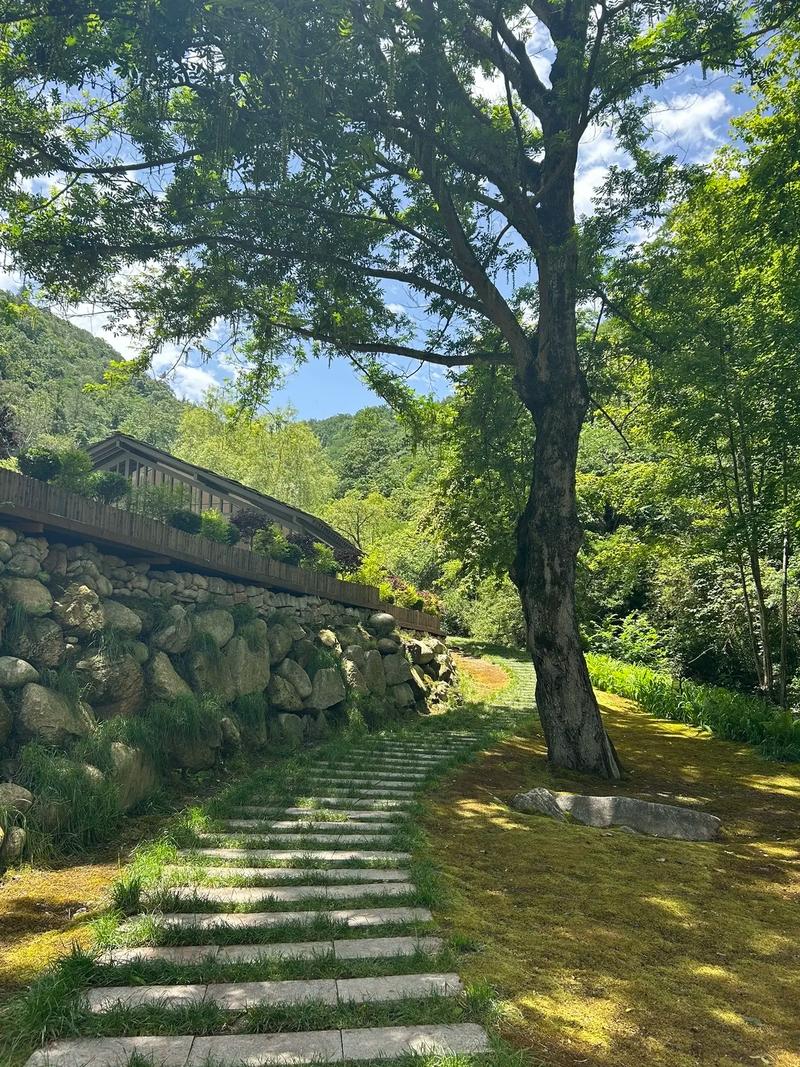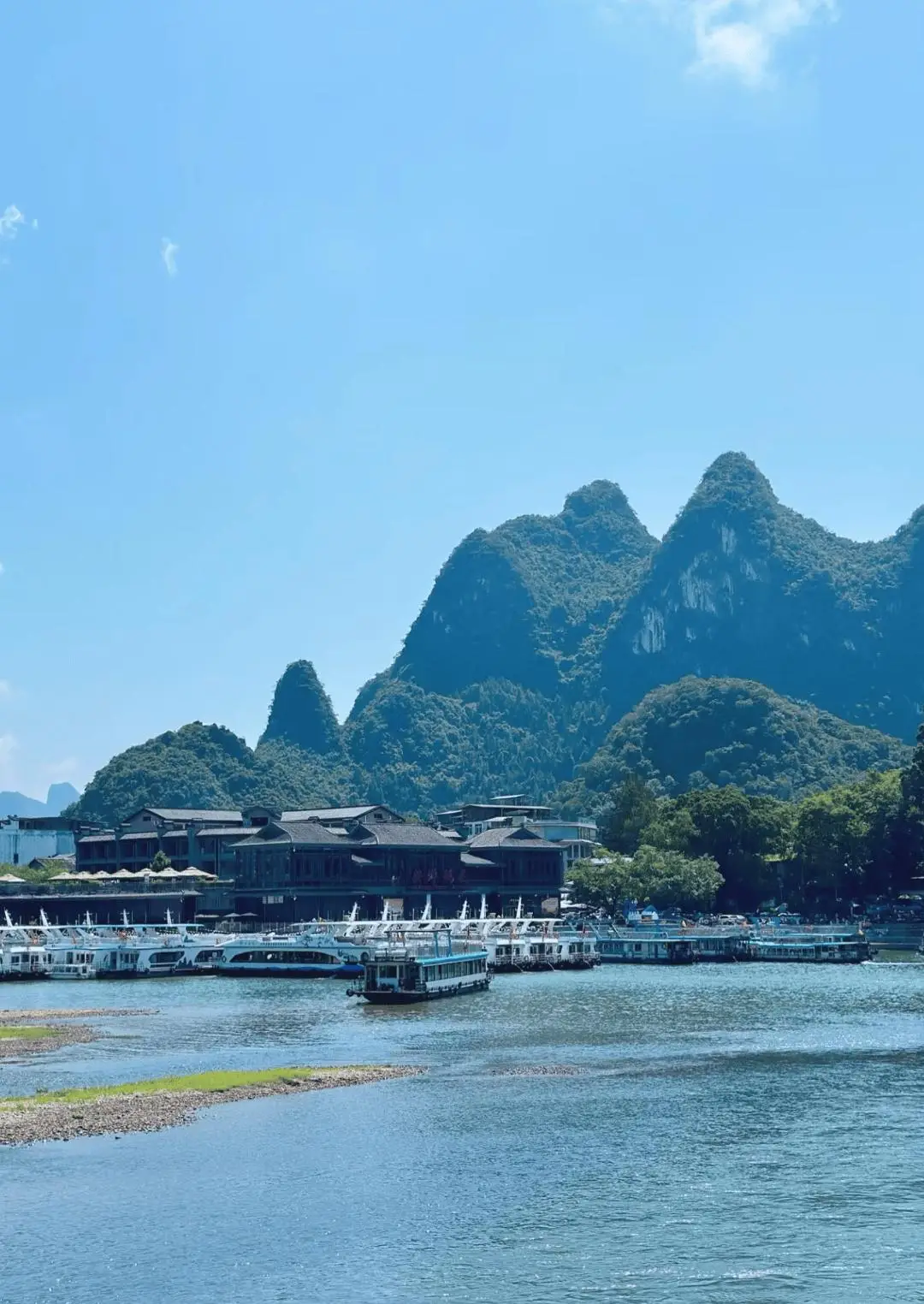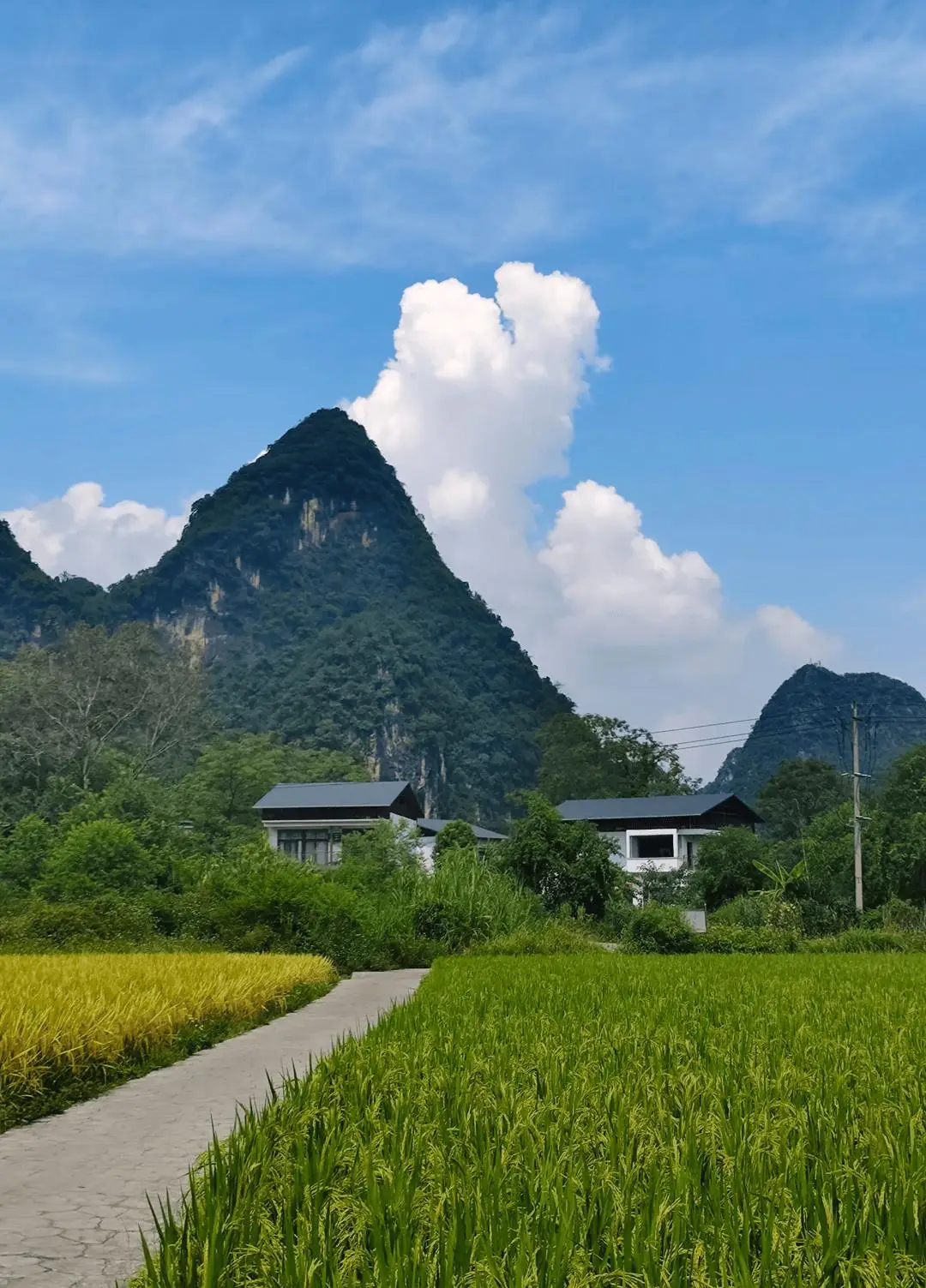France Travel
French Attractions Sustainable Travel: Eco-Conscious French Travel Spots, Green Tourism Practices
Title: Embracing Eco-Conscious Exploration: Sustainable Travel in France’s Premier Destinations
France, long celebrated as the world’s top tourist destination, is undergoing a quiet yet profound transformation. Beyond the iconic Eiffel Tower, the glamorous French Riviera, and the sprawling palace of Versailles, a new narrative is emerging—one that prioritizes sustainability, environmental stewardship, and mindful travel. As the global climate crisis intensifies, a growing number of travelers are seeking experiences that are not only enriching but also responsible. France, with its diverse landscapes, deep cultural heritage, and forward-thinking policies, is uniquely positioned to lead the charge in green tourism. This journey explores the eco-conscious travel spots and sustainable practices that are redefining the French travel experience.
The French Commitment to Sustainability
France’s dedication to sustainable tourism is not merely a trend but a national commitment. The government’s ambitious "Destination France" plan and the widespread adoption of the "Green Key" (Clef Verte) eco-label for accommodations underscore a nationwide drive toward sustainability. The country hosted the 2015 Paris Agreement, a landmark international treaty on climate change, and this ethos permeates its approach to tourism. From the alpine villages of the Alps to the sun-drenched coasts of Brittany, a network of destinations, transporters, and hospitality providers are weaving sustainability into the very fabric of the visitor experience.
Eco-Conscious Destinations: Beyond the Beaten Path
While Paris offers its own green gems—like the Promenade Plantée, a elevated park built on a former railway line—the true heart of sustainable travel in France often beats strongest in its regions.
1. The French Alps: A Model for Green Mountain Tourism The Alps, a playground for winter sports and summer hiking, face significant environmental pressures. However, destinations like Chamonix and Les Gets are pioneering eco-tourism. Les Gets, part of the "Flocon Vert" (Green Snowflake) label, is committed to reducing its carbon footprint through measures like renewable energy for ski lifts, waste reduction programs, and promoting local produce in mountain restaurants. Summer activities emphasize low-impact pursuits such as guided nature walks, cycling, and paragliding, all designed to minimize environmental disturbance while supporting the local economy.
2. The Loire Valley: Cycling Through a Cultural Landscape A UNESCO World Heritage site, the Loire Valley is synonymous with majestic châteaux and rolling vineyards. The most sustainable way to explore this region is by bicycle. An extensive network of véloroutes (cycle paths), including the famed "Loire à Vélo" route, allows travelers to journey from château to château emission-free. This practice reduces traffic congestion and carbon emissions while offering an intimate connection with the landscape. Many vineyards, such as Domaine de la Baudinière, have embraced organic and biodynamic viticulture, offering tours that educate visitors on sustainable winemaking.
3. Brittany’s Coastline: Protecting Marine Ecosystems The rugged coastline of Brittany is a testament to raw natural beauty. The Pink Granite Coast and the Gulf of Morbihan are protected natural areas where conservation is paramount. Local organizations offer guided kayak tours and bird-watching excursions that emphasize respect for wildlife. The region is also a leader in the slow food movement, with an emphasis on fresh, locally caught seafood (from sustainable stocks) and farm-to-table restaurants that reduce food miles and support small-scale fishermen and farmers.

4. The Cévennes National Park: A Biosphere Reserve For a deep immersion into wilderness, the Cévennes National Park, a UNESCO Biosphere Reserve, offers a pristine environment of deep gorges, vast plateaus, and dense forests. Tourism here is strictly regulated to preserve biodiversity. Visitors are encouraged to explore on foot or horseback via ancient trails, stay in eco-friendly gîtes (rural cottages) powered by solar energy, and engage with park rangers on educational programs about local wildlife, including the reintroduction of species like the Griffon vulture.
5. Provence: A Tapestry of Localism and Organic Farming Provence enchants with its lavender fields, olive groves, and hilltop villages. The sustainability movement here is deeply rooted in terroir—the unique character of the land. Travelers can volunteer on organic farms through WWOOFing programs, stay at agritourism sites like Le Mas des Figues, which uses solar power and harvested rainwater, and shop at vibrant local markets in towns like Aix-en-Provence that showcase seasonal, organic produce. This not only reduces the carbon footprint but also preserves traditional agricultural practices.
Green Tourism Practices: How to Travel Responsibly in France
Choosing the right destination is only the first step. Embracing sustainable practices throughout your journey is crucial.
1. Sustainable Transportation France’s excellent rail network, operated by SNCF, is one of the most carbon-efficient ways to travel. The TGV high-speed trains connect major cities with remarkable speed and a fraction of the emissions of air travel. For regional exploration, France’s extensive train and bus networks are reliable and eco-friendly. Within cities, bike-sharing schemes (like Vélib’ in Paris) and electric scooters offer green alternatives to taxis. When renting a car, opt for electric or hybrid models, an infrastructure that is rapidly expanding across the country.
2. Eco-Certified Accommodations The market for green lodging in France is booming. Look for establishments certified by Green Key, EU Ecolabel, or Ecogîte. These range from luxury eco-lodges like Boma Hotel in Nice, which features a green roof and zero plastic, to charming rural chambres d’hôtes (bed and breakfasts) that serve organic breakfasts sourced from their own gardens. Many hotels have implemented rigorous water-saving systems, waste recycling, and energy-efficient lighting.
3. Culinary Sustainability: Eat Local and Seasonal French cuisine is a core part of the travel experience, and enjoying it sustainably is a delight. Prioritize restaurants that feature produits du terroir (local products) on their menu. Seek out establishments with the "Restaurant Durables" label or those that actively discuss their sourcing policies. From a simple picnic of cheese from a local fromagerie and bread from a boulangerie to a fine-dining experience at a zero-waste restaurant, choosing local minimizes transportation emissions and supports the regional economy.
4. Mindful Consumption and Cultural Respect Sustainable travel is also about cultural preservation and respectful engagement. Support local artisans by purchasing handmade souvenirs rather than mass-produced imports. Visit museums and historical sites with a mindful approach, understanding their preservation efforts—many, like the Lascaux IV cave replica, are masterpieces of sustainable cultural management, protecting fragile originals while allowing access. Learn a few phrases of French; this small effort fosters a more meaningful connection with residents.
5. Embracing the "Slow Travel" Philosophy Perhaps the most significant shift is a mental one: adopting a slow travel mindset. Instead of trying to see everything in a whirlwind tour, choose one or two regions to explore in depth. Stay longer, travel slower, and immerse yourself in the local rhythm. This reduces the frequency of transport-related emissions and allows for a more authentic, less stressful experience. It’s about quality over quantity, depth over breadth.
The Path Forward
The journey toward fully sustainable tourism is ongoing. Challenges remain, including overtourism in hotspots like Paris and Saint-Tropez and the environmental impact of cruise ships on the Mediterranean coast. However, the collective efforts of the French government, local communities, and a new generation of conscious travelers are creating a powerful momentum.
France demonstrates that sustainability does not require sacrificing quality or experience. On the contrary, it enhances it. It leads to deeper connections—with the land, its people, and its culture. By choosing eco-conscious spots and green practices, travelers become active participants in preserving the very beauty they have come to admire. They ensure that the charms of France—from its alpine peaks to its vineyard-clad valleys—remain vibrant and accessible for generations to come. In the end, sustainable travel in France is not just about seeing the sights; it’s about becoming a guardian of their future.
-
上一篇

French Travel Photography Workshops: Learn Photography at French Attractions, Guided Photo Tours
**Title:MasteringtheLens:TheArtofFrenchTravelPhotographyWorkshops**F
-
下一篇

French Tourism Day Trips: Short Day Trips to French Attractions, Near Major Cities
**Title:BeyondtheCityLimits:UnforgettableDayTripsfromFrance'sUrbanHub
相关文章
- French Travel Guide: In-Depth List of the Best Places to Visit in France, Covering Hidden Gems and Classic Landmarks
- French Attractions Recommendation: 2024 Must-Visit Checklist for French Tourism, From Eiffel Tower to South of France Towns
- French Tourism Guide: Unlock the Best Destinations in France, Detailed Popular Attractions & Transportation Tips
- Complete Guide to French Attractions: Can’t-Miss Check-In Spots for French Travel, Collection of Urban Landmarks & Natural Secluded Spots
- Best Places for French Travel: Curated TOP 50 French Attractions, Scenario-Based Recommendations for Family/Solo/Couple Trips
- French Attractions Guide: Must-Experience Popular Destinations for French Tourism, Full Analysis of Historical Relics & Artistic Landmarks
- French Travel Check-In: List of the Best Places to Visit in France, Stories Behind Attractions & Visiting Notes
- French Attractions Recommendation: In-Depth Travel Guide for French Tourism, Itineraries From Loire Valley to Mont Saint-Michel
- Best Destinations for French Travel: 2024 Latest Ways to Explore French Attractions, Collection of Less Crowded Hidden Destinations
- Complete French Attractions List: All-Scenario Guide for French Tourism, Best Places to Visit in Different Seasons
发表评论
评论列表
- 这篇文章还没有收到评论,赶紧来抢沙发吧~
